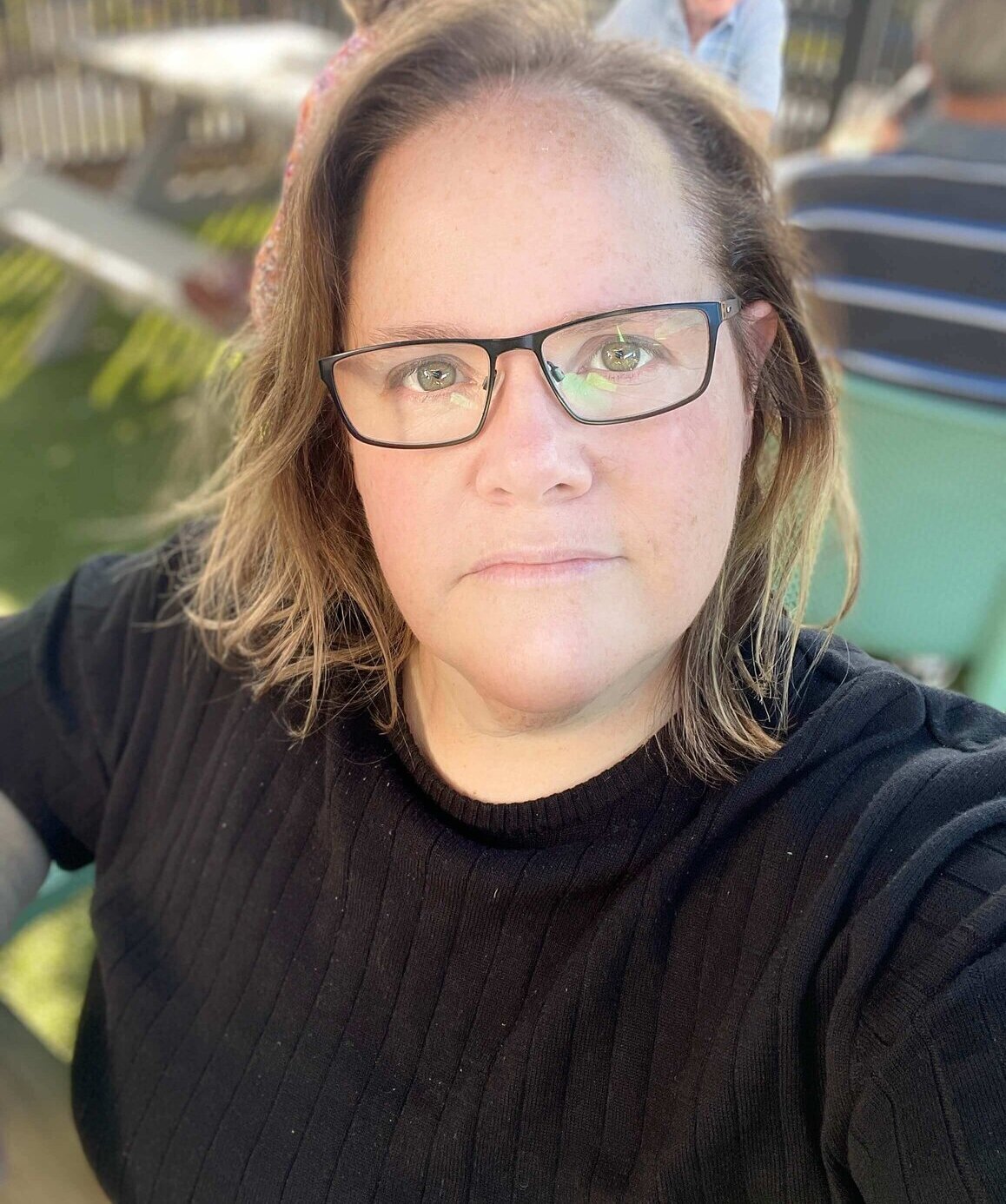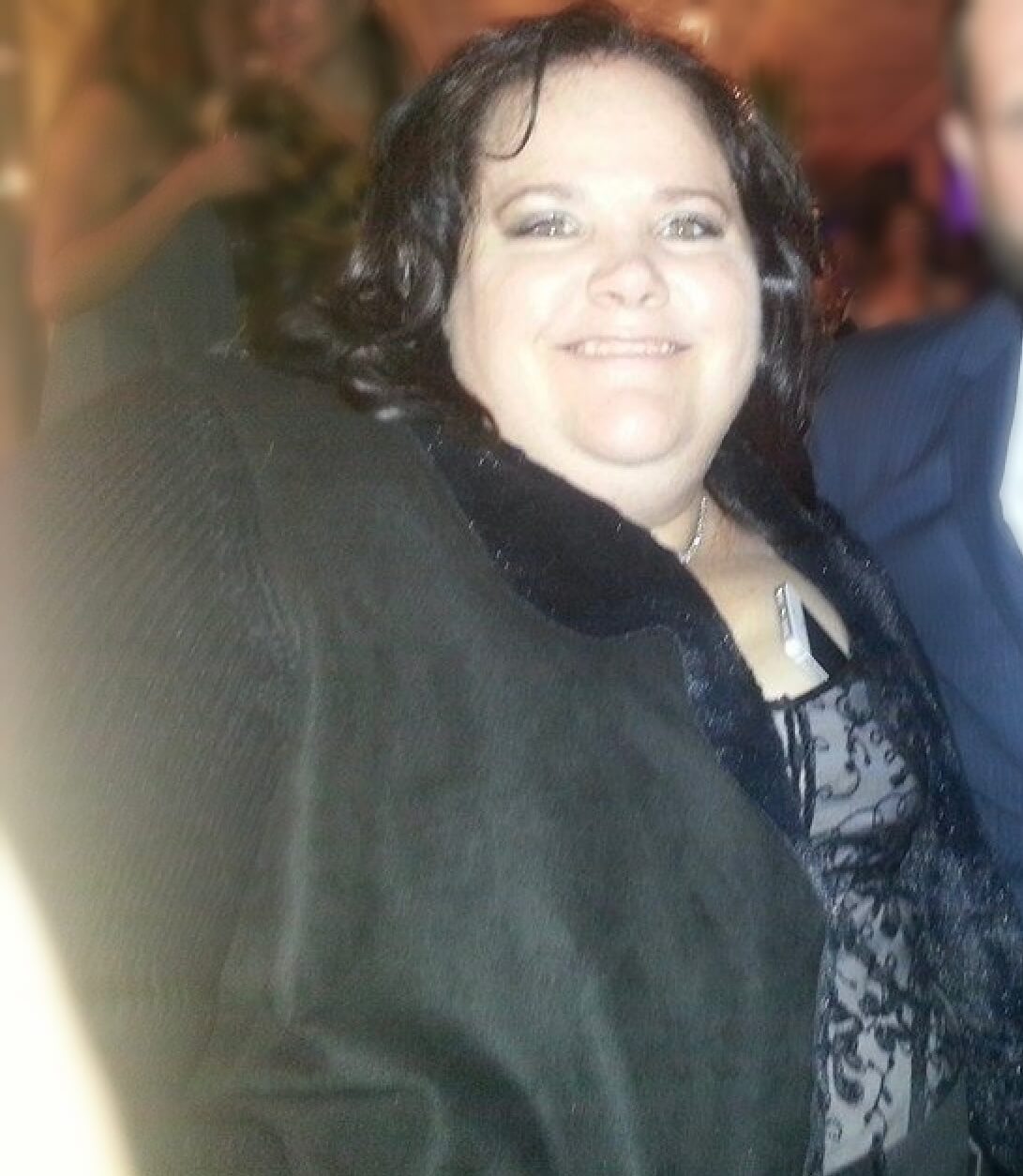Let me start with my journey and how I decided to create The Australian Bariatric Institute.
Weight is a very personal subject for most people, including myself. We have been shamed or embarrassed most of our lives.
There is a misconception that overweight/obese people just overeat, indulge in takeaway food, don't exercise and sit on the couch all day eating junk food.
However, if you are on this page, I bet you have had a similar experience, which looks nothing like the example above.
I'm Lynda; I have a disability and have been in a wheelchair my whole life. However, this has not stopped me in the slightest; I am super motivated in whatever I choose to do. I am an elite athlete and won a Silver medal at the Sydney 2000 Paralympics. So you can imagine I know how to eat right and train hard.
Yet, I was still living with obese. How was this even possible?


The photo above is me now, I still have a way to go and haven't yet reached my goal, but I am a work in progress!
The photo to the left was taken in 2015, and I was the biggest I have ever been. I was 127.5kgs, and there was just too much of me!!
Now -- as diets and exercise go -- I can tell you what has not worked for me in the past.
I have tried many weight loss diets and had foods delivered that were 1000 calories. I exercised/trained over 12 sessions a week at one stage.
My week on average:
I went to the gym (strength training) 5 times a week
Boxed (cardio) 2 times a week
HIIT (High-intensity interval training) class 1 time a week
Martial Arts (cardio) 3 times a week
Throwing shot put and discus once a week
And I lost nothing!!!
So I had to take a different approach.
For what seemed like the 100th time, I tried again to lose weight, but this time took a different approach.
I spoke to an endocrinologist who explained that I did not burn enough energy. The most significant muscle in my body, my thighs, did not work, and for me to lose weight, I had to restrict my calorie intake to 500 calories a day.
Being an athlete, when I put my mind to it, I can do anything: challenge accepted!!
The endocrinologist also said I should explore bariatric surgery. I had considered this previously and had dismissed it as I felt I did not eat all that much and what I did eat was healthy.
But the more I explored the option, the more I learned that when you have bariatric surgery, your hormones change, which can speed up your metabolism. So it's not just about reducing your portion size. For the first time, I considered it. What did I have to lose? (Except weight). I had tried everything else.
See the medical journals below to learn more about the metabolic changes after bariatric surgery.
So I saw my bariatric surgeon and decided to go for it. Before the surgery I needed to prepare my mindset and stick to a strict dietary plan to reduce the liver before surgery to make it the safest procedure possible.
So I started the pre-surgery diet on the 7th March and I replaced Breakfast and Lunch with an VLCD meal replacement shake and then my dinner was protein and a cup of vegetables or salad.
Sticking to the very strict plan before surgery really messes with your mind and thankfully for me having an athlete mindset and having a therapy background, I managed this quite well. I had my eye's on the prize and I was going for it.
Then came the day for surgery, the day I joined the losers bench 7th April 2021.
My surgery went well, I was in hospital for 3 days. I'll admit, I did have buyers remorse directly after surgery as the gas pain was not fun. But it was soon replaced with excitement on what lay ahead.
I'll be honest, the first 6 weeks after surgery was also quite challenging, but each day I got closer to my goal so it was all worth it.
My surgeon then said I had to follow the below.
POST OPERATIVE DIETARY SUMMARY
Weeks 1 and 2 (high protein liquids)
Weeks 3 and 4 (puree)- baby food consistency
Weeks 5 and 6 (soft) Mashable with a fork

So during this time I had a full team on board to help me. I had my team which included my surgeon, endocrinologist, dietitian, personal trainer and my own training in NLP and psychotherapy helped to keep me on track.
Finally I was having success. It was a slow process and each week I would hear of other people losing massive amounts of weight after surgery and here I was losing small increments and sometimes nothing at all. But what I learnt was that it's a rollercoaster!! Some weeks you will lose, some you will gain and some times you will plateau for however long it takes for your body to catch up and reset. But I was still heading in the right direction and I was happy.
I was a very slow loser compared to other people, after a year I noticed I was plateauing so after speaking with my medical team it was suggested I try the latest injectable medication that then helped reduce hunger and helped with blood sugars. So I then incorporated this into my regime and found this helped to start to shift the numbers down again.
And this is when I created The Australian Bariatric Institute. So post surgery I now concentrate on food portions, medication to control my blood sugars, supplements to ensure I reach my nutritional goals and sports/fitness as I have now started Para Ice Hockey. So I have found this combination works for me and I am finding success and keeping on track.


